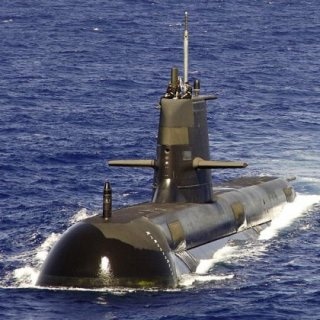Jun 13 2016
University of Queensland has carried out a new research on quantum technology that would benefit the minerals exploration, navigation, mining, and environmental hydrology sectors.
 (Credit: The University of Queensland)
(Credit: The University of Queensland)
Dr Simon Haine, theoretical physicist from the UQ School of Mathematics and Physics, has put forth a technique that could be commonly applied to theoretical computations of matter-wave dynamics and enhance the sensitivity of measuring instruments.
Dr Haine said, “Until now, there has been no clear way to quantify the sensitivity of these devices, especially when the behaviour of the system is dominated by complicated wave-like dynamics”.
According to Dr Haine, the research would facilitate ultra-accurate measurements of movement like rotations and accelerations and of the direction and strength of gravity. The study was published in Physical Review Letters. The extremely accurate measurements have various applications on sea and land.
When quantum physics takes over, we can no longer model the movement of atoms by treating them as simple particles. We need to treat them as waves.
Dr Haine
The ability to ultra-precisely measure accelerations and rotations is important for submarines, and by using ultra-precise sensing technology, they can track their movement without needing to reveal their position by surfacing to access the Global Positioning satellites.
Dr Haine
“Similarly, these ultra-precise measurements of gravitational fields can be used by the mining industry to help detect what is beneath the ground.
“Usually, what’s directly below us is rock, but if there is something slightly heavier (such as iron ore, gold, or uranium) or something slightly lighter (such as oil or gas), this changes the strength of the gravitational field slightly, and you can detect it.
“Being able to measure gravity very precisely would allow the mining industry to find valuable deposits under the ground just by measuring the gravity from the surface.”
Dr Haine added that the discoveries can possibly benefit environmental hydrology by monitoring water movement, especially groundwater under the surface of the Earth.
This is useful for environmental science as it allows us to know where water is moving to and from. For example, if there is a drought, the groundwater starts to decrease from a particular area. It also allows us to track the growth or reduction in glaciers and polar ice caps through very precise measurements of the gravitational field.
Dr Haine